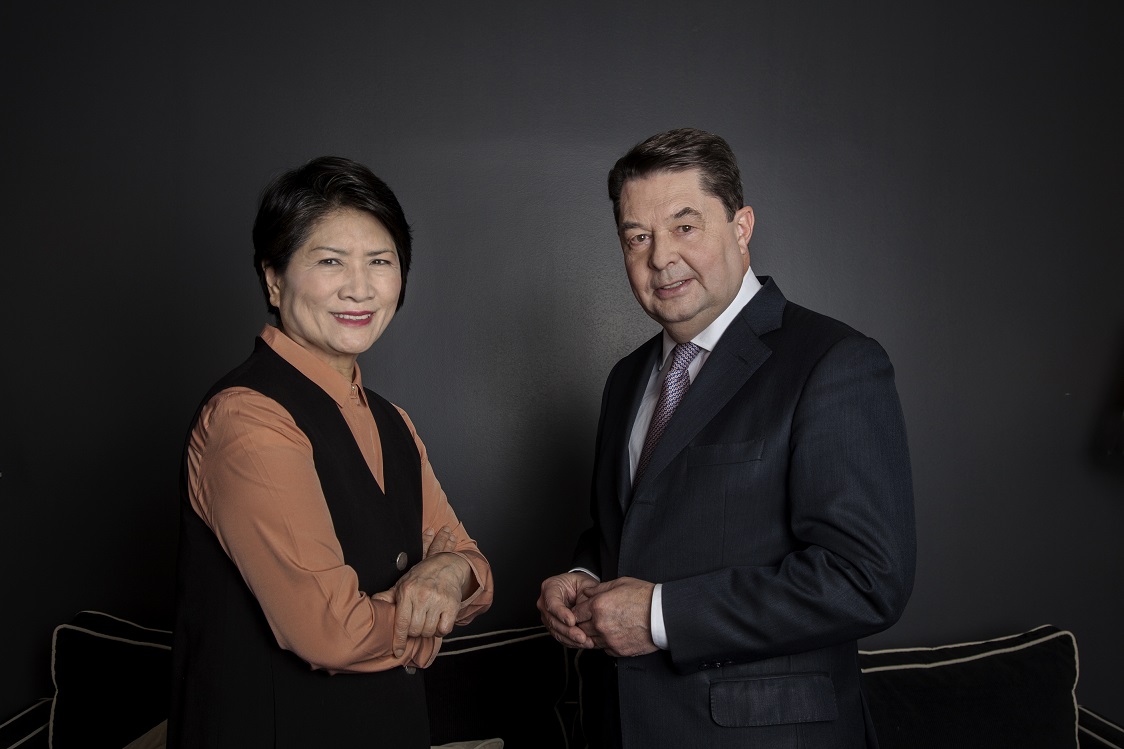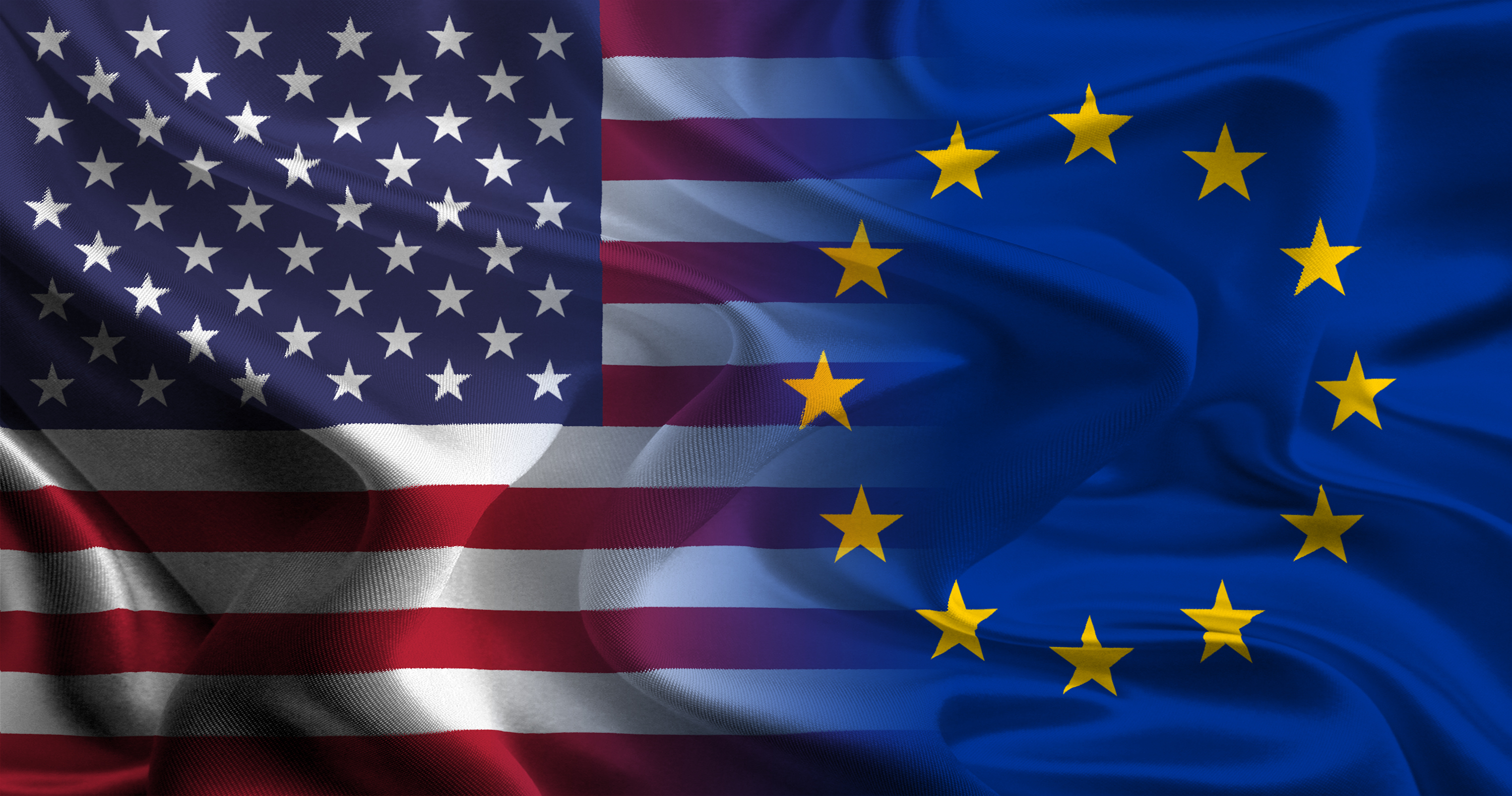

VISION, STRENGTH & STABILITY: TRUSTED FOUNDATIONS FOR FUTURE TOURISM
For the next leader of the UNWTO, the challenges will be great. Whoever takes the top job must navigate the organisation through dramatic changes taking place in the tourism world – travel policies, attitudes, technology. At the same time, he or she will need to demonstrate how the UNWTO will help shape a stronger tourism future for all – members, staff, partners, as well as travellers.
As staff and member states ponder over possible successors, curiosity and concern run parallel. The legacy of Taleb Rifai, outgoing Secretary General, is undeniable. In his two terms at the helm, in addition to step-changing the focus and delivery of the organization, Rifai has achieved unprecedented levels of trust, credibility, relevance and cohesion within the industry, and outside. The UN’s designation of 2017 as the International Year of Sustainable Tourism For Development, across all UN bodies, is testament to his success in raising the profile of the value of tourism, beyond the sector.
For his successor, strengthening this success is a must, while at the same time addressing any weaknesses. Fresh thinking is an expectation of new leadership. Evolution. But not revolution. The vision must be clear. It must be inspiring. It must be unifying. And it must be capable of carrying the sector forward for the benefit of all members.
One candidate has this principle firmly in place – South Korea’s nominee, AMBASSADOR DHO YOUNG-SHIM, a highly respected, delivery-focused, lifelong practitioner of tourism, within and outside the global UN system. Clear on the strengths and shortcomings of the UNWTO, and appreciative of the work done by the UNWTO in recent past under Rifai, to now shake its foundations with dramatic shifts in direction will risk not just the capability of the organisation, but its credibility.
To ensure growth with both strength and stability, Ambassador Dho’s priorities for the next stage of UNWTO leadership focus on inspired evolution, not revolution. Key to delivery: positioning her candidacy as a partnership, inviting as her running mate CARLOS VOGELER, a Venezuela-born Spanish national now operating as UNWTO Regional Director of the Americas and Executive Director for Member Relations.
This unique pairing of global, outside-in and inside-out experience and expertise gives UNWTO Executive Council members tasked with determining Rifai’s successor, a leadership combination that guarantees Rifai’s legacy acts as the foundations for a new era of UNWTO impact. Vision, strength, stability and shared commitment to an even more innovative, empowering tourism future for all – members, staff, and the wider global tourism community. It’s about leadership, not leaders.

No imminent threat to visa-free travel from US to Europe, says ETOA
The European Parliament voted on 2nd March 2017 to require the European Commission to suspend visa exemption status for US citizens.
In ETOA’s view this is extremely unlikely to happen: the Council of the EU will object and the status quo will prevail.
The situation arises because, since 2014, citizens of Bulgaria, Croatia, Cyprus, Poland and Romania have needed a visa to visit the US. This means that there is not full reciprocity in treatment of EU and US citizens.
EU legislation provides for a ‘delegated act’ allowing the Commission to suspend exemption from visa requirements in the event of ‘non-reciprocity.’ This would apply to citizens of countries that impose visa requirement on EU citizens.
The Commission asked Parliament and Council to review the situation in April 2016.
Article 290 of the Treaty of Lisbon allows both the Council and Parliament to revoke such a delegated act, or object to its implementation. Given the Parliamentary vote, attention now switches to the Council.
Tom Jenkins, ETOA’s CEO commented:
“There is no imminent threat to current US-Europe visa waiver arrangements. So long as the US requires visas from some citizens of the EU, then the EU – as a whole – is obliged to reciprocate. The European Parliament is exploring the nature of that obligation.
Seldom has an inter-institutional dialogue contained such startling ideas. If the visa exemption were to be suspended it would inflict burdensome checks on the citizens of our most valuable ally, to certain retaliation and consequent economic detriment. Destination countries would have to hire thousands of staff to process millions of unnecessary visas.
At a time when absurdity and politics are bedfellows, we are being asked to contemplate folly cubed. The Council needs to block this quickly. Then the Commission can return to establishing reciprocity quietly, through the normal diplomatic channels.”
ETOA continues to work with its industry partners in Brussels to resist any reintroduction of visa requirements, and pushes for visa facilitation through reform of the Visa Code. With the prospect of ETIAS, a new pre-clearance system designed to enhance security, ETOA believes that the case for more countries to be granted visa-waiver status will strengthen.
